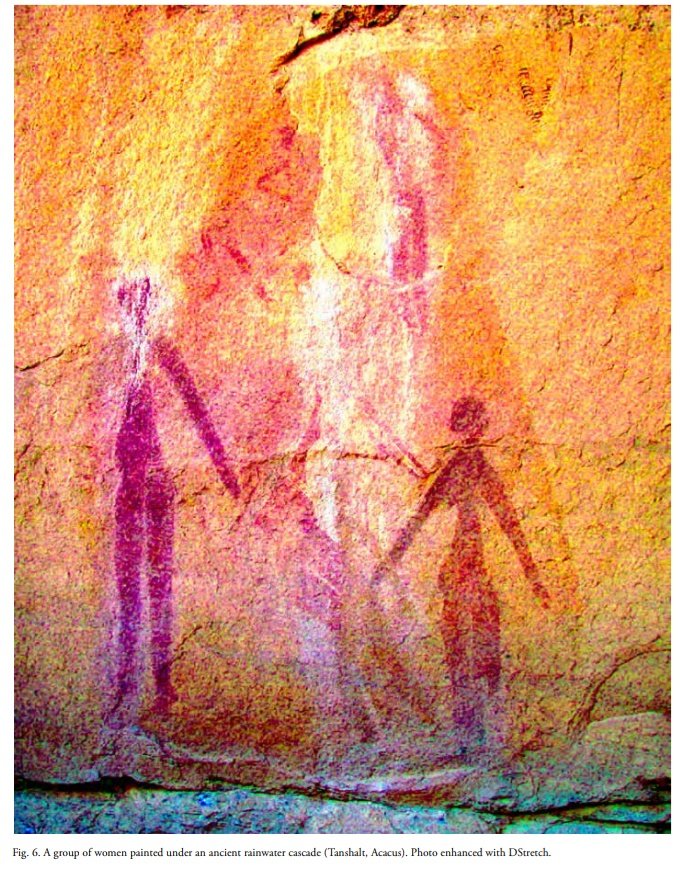When most people think of ancient history, their mind usualy goes to the Romans or the Hebrews of biblical scripture but the Ancient West African Tichitt Civilization of Mauritania and Mali is older than both the Romans and the Hebrews. Beginning 2200 BCE






"Southern Mauritania have revealed a wealth of rather spectacular stone masonry villages which were occupied by prehistoric cultivators.... It is argued that the inhabitants of these villages were Negro and very probably Soninke"
- Professor Patrick J. Munson


- Professor Patrick J. Munson


"Striking resemblances between the prehistoric ceramics and the present Soninke pottery manufacture, Munson concluded that the present-day Soninke are descendents of early prehistoric inhabitants of the Dhar Tichitt region"
- Professor Augustin F.C. Holl
- Professor Augustin F.C. Holl
"Architecturally, the villages of Dhar Tichitt resemble those of the modern northern Mande (Soninke), who live in the savanna 300-400 miles to the south"
- Dr. Susan J. Herlin
- Dr. Susan J. Herlin

"Racially, the Sahara affiliates with the Sudan. It had an indigenous Negroid population at the time of the Arab invasions"
- Anthropologist George Peter Murdock


- Anthropologist George Peter Murdock


"The archeological discovery of a tall Negroid skeleton 250 miles north of Timbuktu indicates that the inhabitants had not undergone ethnic change since Paleolithic times"
- Anthropologist George Peter Murdock


- Anthropologist George Peter Murdock


"Specific oral traditions from Jenne that the earliest agriculturalists (Nono) in the Upper Delta came from Bassikounou ("gateway" from the Aoukar plains fronting Dhar Tichitt and Dhar Oualata to the Middle Niger) via Mema."
- Anthropologist Roderick J. McIntosh


- Anthropologist Roderick J. McIntosh


"MacDonald thus believes the principle ancestral populations of modern West Africans were living in North Africa at the end of the Pleistocene...... populations were not Afro-Asiatic speakers but rather Niger-Congo and Nilo-Saharan speakers"
- Dr. Hamdi Abbas Ahmed Abd-El-Moneim


- Dr. Hamdi Abbas Ahmed Abd-El-Moneim


"The civilisation of Tichitt which comes from the Central Sahara at ca. 4000 bp (and is linked by oral tradition and archaeology to the subsequent Mande
peoples of West Africa)."
- Dr. Hamdi Abbas Ahmed Abd-El-Moneim


peoples of West Africa)."
- Dr. Hamdi Abbas Ahmed Abd-El-Moneim


• • •
Missing some Tweet in this thread? You can try to
force a refresh






















